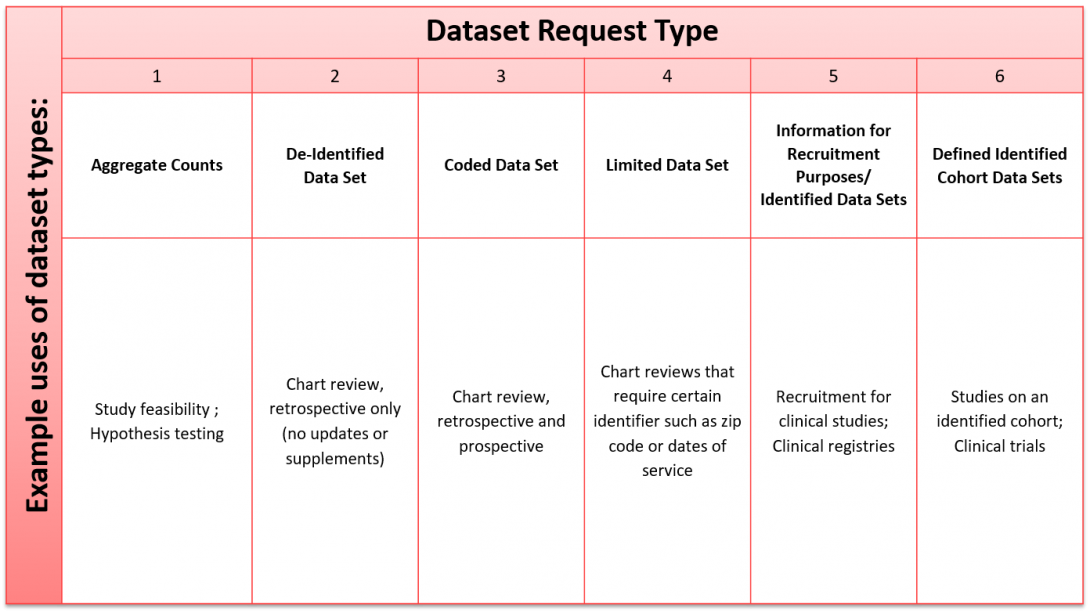Working with Biomedical Informatics
What is biomedical informatics, anyway?
Informatics is the science of how to use data, information and knowledge to improve human health and the delivery of health care services.
Biomedical informatics is one part of this interdisciplinary field that applies principles of computer and information science to the advancement of life sciences research, public health, and patient care. It studies the effective uses of biomedical data, information, and knowledge for scientific inquiry, problem solving, and decision making.
Recognizing that people are the ultimate users of biomedical information, biomedical informatics draws upon the social and behavioral sciences to inform the design and evaluation of technical solutions and the evolution of complex economic, ethical, social, educational, and organizational systems.
To accomplish this, biomedical informatics specialists develop, study and apply theories, methods and processes for the generation, storage, retrieval, use, and sharing of biomedical data, information, and knowledge. They can also build on computing, communication, and information sciences and technologies as they apply to health research across the translational spectrum.
-Definition courtesy of the American Medical Informatics Association (AMIA)
Who do I ask for clinical data at UIC?
Health Research
If you are using clinical data for a health research project, including clinical trials or public health studies, you are in the right place! These requests are routed through the CCTS Biomedical Informatics Core. Simply submit a service request for an initial consultation and the BI team will contact you to discuss your data needs.
Operational & Quality Research
If you are using clinical data to examine operational efficiency, quality of clinical care and/or chart reviews, your request must be routed through UI Health Informatics.
To learn more, contact the Office of the Chief Health Information Officer at chio@uic.edu.
How does the data request process work?
Depending on your needs, the steps required to access data may differ. Below is a summary of what to expect after submitting a request for service. Please refer to the Dataset Type chart below for additional details.
Initial Consultation Only
Recommended for those without IRB approval or in the initial stages of a project
- The CCTS workflow manager will send a confirmation email introducing you to the BI Team.
- The BI Core project coordinator will schedule a meeting with you and other key member of your team, if applicable.
- After your initial consultation, the BI team will provide advice or instructions on suggested next steps.
CRDW Data Counts
See Dataset 1
- The CCTS workflow manager will send a confirmation email introducing you to the BI Team. The team may request a copy of your research proposal and/or associated IRB documents, if available.
- The BI Core project coordinator will communicate with you, validating inclusion and exclusion criteria. This may or may not require an in-person meeting.
- One of our research specialists will then pull the requested data and provide it to your team through your delivery method of choice (i.e. REDCap, excel, etc.)
CRDW Clinical Data Extracts
See Datasets 2-6. This service is fee-based and requires IRB approval
- The CCTS workflow manager will send a confirmation email introducing you to the BI Team. The team may request a copy of your research proposal and/or associated IRB documents, if available.
- The BI Core project coordinator will schedule a meeting with you and other key member of your team, if applicable.
- Your team will provide the BI project coordinator a completde Data Request Authorization (DRA) form.
- Your team will also provide the BI project coordinator with an IRB approval letter and DRA approval (if applicable).
- After these materials are received, the BI Core will provide you with a service estimate via the CCTS workflow manager. This must be approved and payment information provided before any data is pulled.
- After estimate approval, your team must provide the BI project coordinator with an updated Appendix P. The coordinator will then provide you with an Internal Data Usage Agreement (IDUA), which must be reviewed and signed by the PI and submitted back to the BI project coordinator.
- Once received, one of our research specialists will complete the requested data extract and provide it to your team via REDCap or another specified secure environment. The BI project coordinator will contact the PI when the data is ready.
What if I need higher-level bioinformatics support?
The Biomedical Informatics core offers the option of a Memorandum of Understanding (MOU) for long-term collaboration with one of our informatics specialists. This support may include, but is not limited to: informatics infrastructure development, data engineering, data governance, and managing multi-site data requests.
Contact a CCTS Research Navigator to learn more about MOUs at ccts-services@uic.edu.
